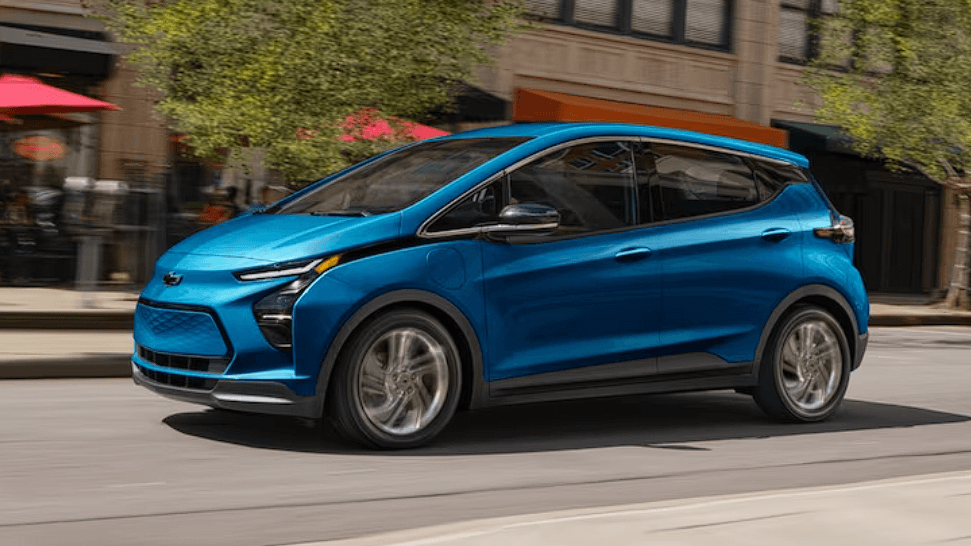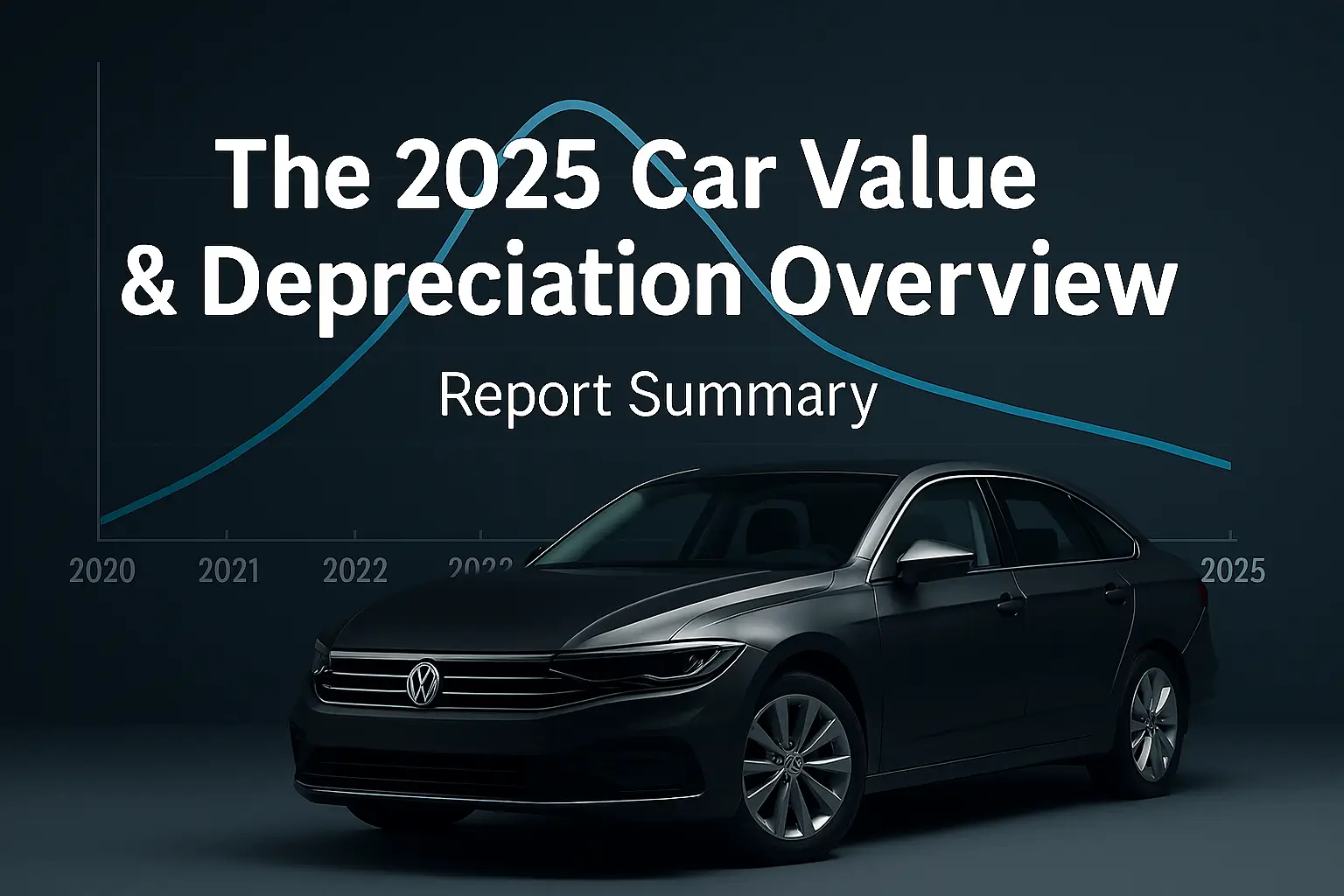The Updated List of EV Models Eligible for Tax Credits in the US (PDF)
The US Treasury Department has removed nine electric vehicle models from the list of cars eligible for a $7,500 tax credit under the Inflation Reduction Act. New revised standards for qualification require that vehicles be assembled in North America, have their batteries built there, and meet sourcing requirements for lithium and other critical minerals. This change, which takes effect from Tuesday(04/18/2023), is part of President Joe Biden’s drive to promote clean energy manufacturing domestically and reduce reliance on China’s prominent market share in critical minerals.
EV tax credit eligibility rules and how they impact buyers and automakers
Under the new eligibility rules, seven models remain eligible for a partial credit of $3,750, whereas only ten electric vehicle models qualify for the full tax credit. If buyers satisfy certain income thresholds, they can receive a tax credit of up to $7,500. The credit is applicable to new EVs assembled in North America and that comply with the sticker price limitations.
To qualify for a tax credit of $3,750, electric vehicles (EVs) must have critical minerals in their batteries extracted or processed in the US or a free-trade country, or from recycled materials in North America, making up at least 40% of the battery’s value. An additional $3,750 credit can be claimed if at least half of the battery components are made or assembled in North America. By 2027, the mineral threshold will increase to 80%, and by 2029, the battery components must be 100% made or assembled in North America to qualify.
A preliminary analysis conducted by the administration suggests that in the first quarter of 2023, almost 65% of EV sales met the North American assembly and sticker price criteria, making them eligible for the credit. Furthermore, the analysis found that over 90% of these eligible sales remain qualified under the new EV battery sourcing requirements.
Although there are limitations, buyers of EVs still have options that qualify for tax credits in the near future. The incentives are also spurring automakers and their battery partners to increase their US production, as stated by a Biden administration official. According to John Bozzella, CEO of the Alliance for Automotive Innovation, “Considering the limitations of the legislation, the Treasury has done a commendable job creating regulations that comply with the law and reflect the current market.”
Impact on Foreign Automakers
On Monday, April 18, 2023, the revised list of eligible electric vehicles was unveiled, revealing that GM was the sole automaker whose entire fleet of EVs qualified for the full tax credit. Although foreign automakers like BMW, Genesis, Nissan, and Volkswagen had previously had eligible vehicles, none of their current offerings meet the new requirements. Rivian Automotive’s EVs were also dropped from the list of qualifying cars.
Starting in 2024, vehicles won’t meet the requirements if they contain battery materials made by a foreign entity of concern, including Chinese-controlled businesses. This restriction will commence in 2025. Hyundai Motor Group and Nissan have revealed plans to produce EVs in the US and this could create opportunities for partial credits on certain models in the future. The number of eligible vehicles likely to be affected by more stringent rules and exclusions is yet to be decided.
List of Models Eligible for EV Tax Credits in the US:
$7,500 credit
- 2022-23 Chrysler Pacifica plug-in hybrid
- 2022-23 Lincoln Aviator Grand Touring
- 2023-24 Cadillac Lyriq
- 2022-23 Ford F-150 Lightning (standard and extended range battery)
- 2024 Chevrolet Silverado
- 2022-23 Chevrolet Bolt and Bolt EUV
- 2024 Chevrolet Blazer
- 2024 Chevrolet Equinox
- 2022-23 Tesla Model Y (all-wheel drive)
- 2022-23 Tesla Model Y (long range all-wheel drive)
- 2022 Tesla Model Y (performance)
- 2022-23 Tesla Model 3 (performance)*
- 2023 VW ID4 (all variants)
$3,750 credit
- 2022-23 Grand Cherokee 4xe plug-in hybrid
- 2022-23 Jeep Wrangler 4xe plug-in hybrid
- 2022-23 Ford Mustang Mach-E (standard and extended range battery)
- 2022-23 Ford E-Transit
- 2022-23 Ford Escape plug-in hybrid
- 2022-23 Rivian R1T**
- 2022-23 Rivian R1S**
- 2022-23 Lincoln Corsair Grand Touring
- 2022-23 Tesla Model 3 (standard range rear-wheel drive)*
Vehicles no longer eligible
- 2021-23 BMW X5 xDrive45e plug-in hybrid
- 2021-23 BMW 330e plug-in hybrid
- 2023 Audi Q5 TFSI e Quattro plug-in hybrid
- 2023-24 Genesis GV70
- 2022-23 Volvo S60 (multiple variants)
- 2021-23 Nissan Leaf (multiple variants)




